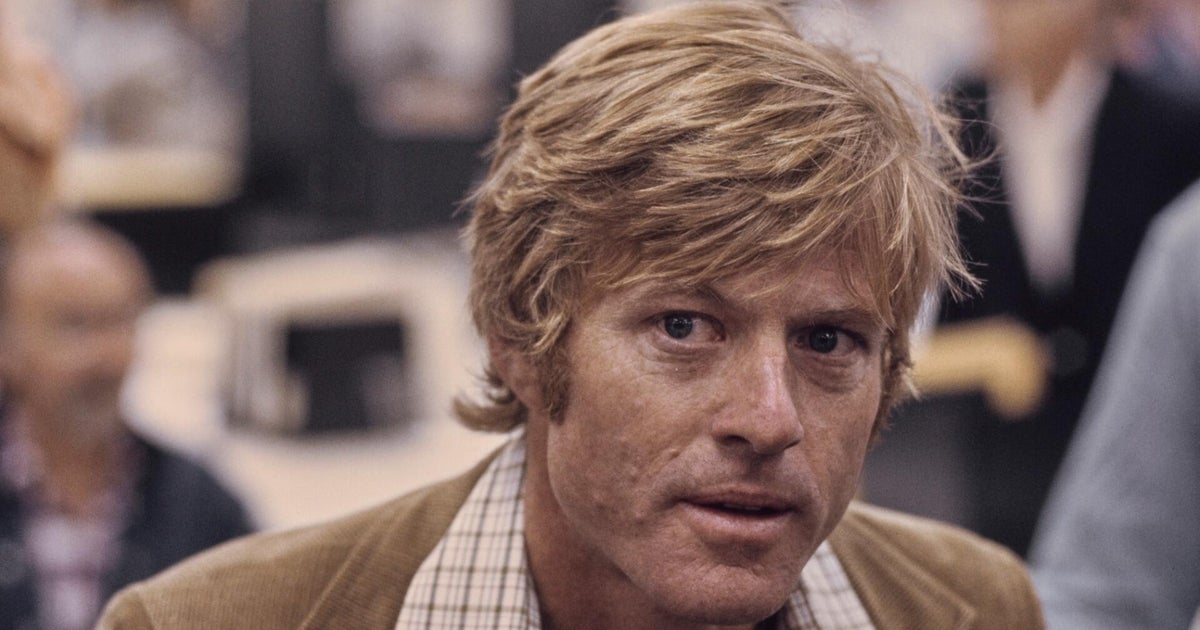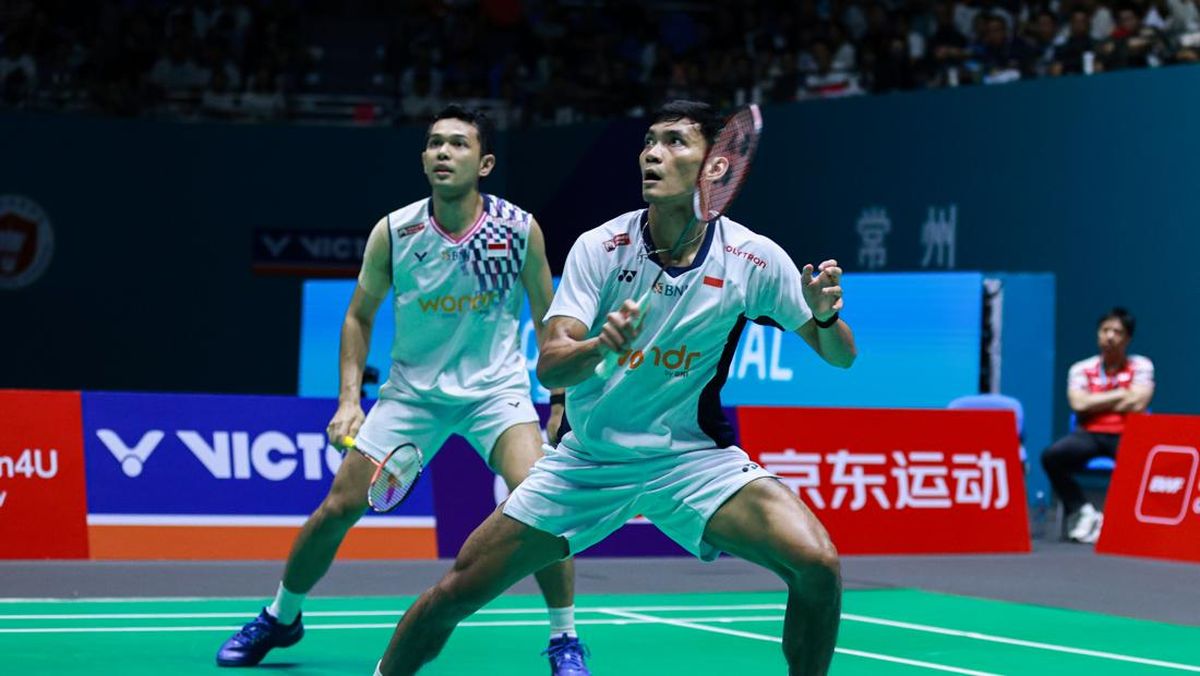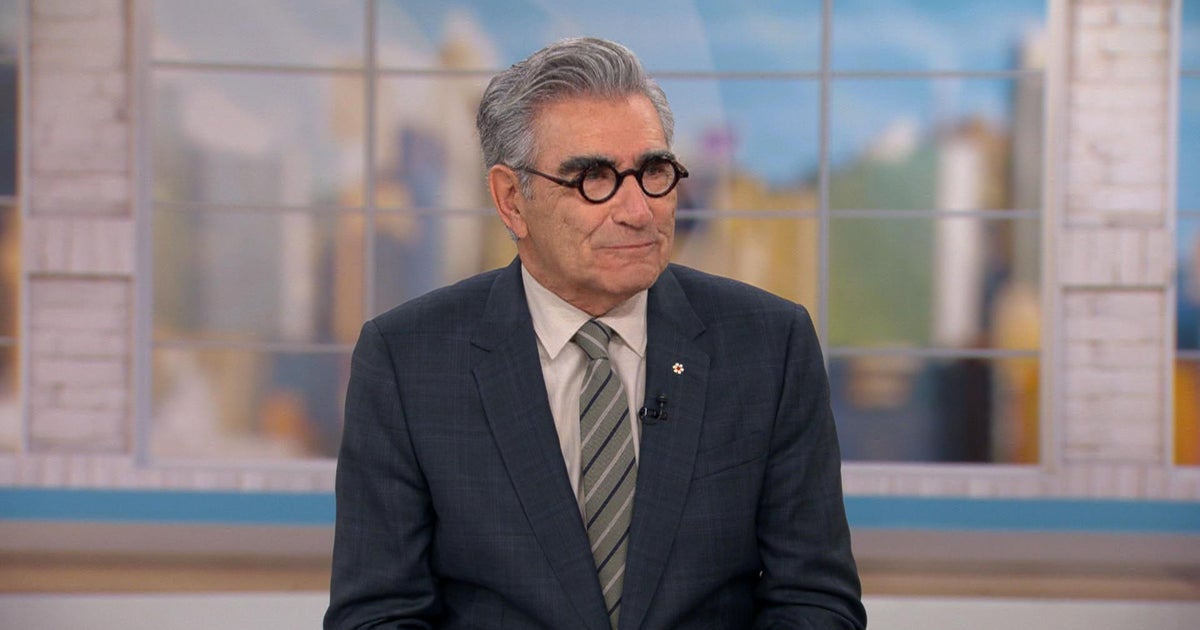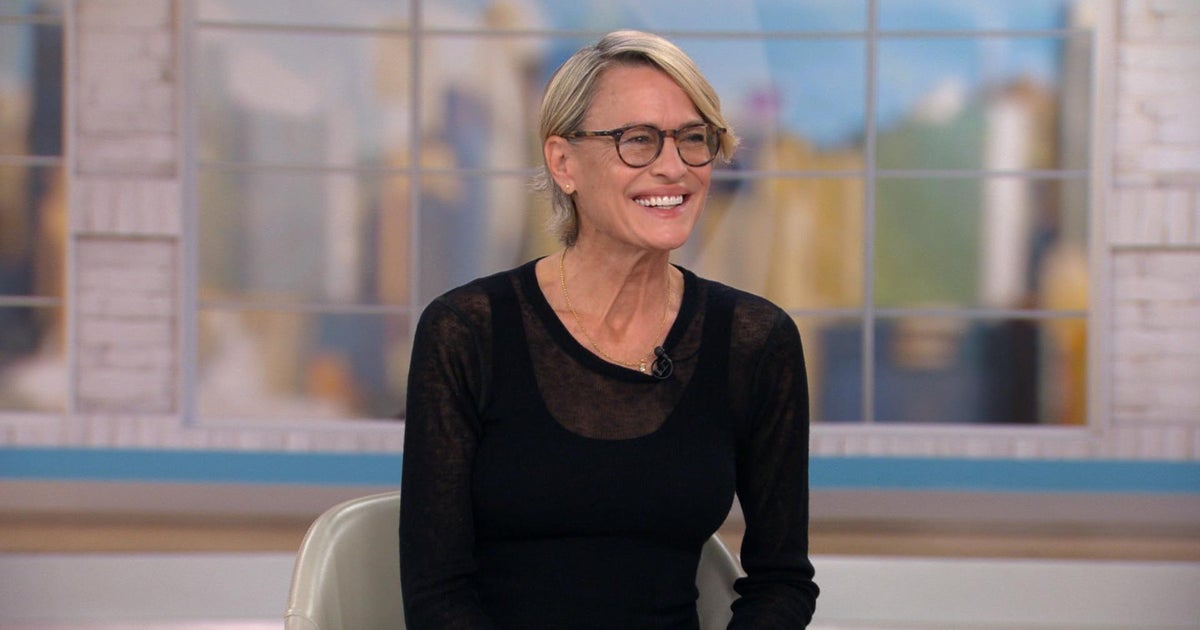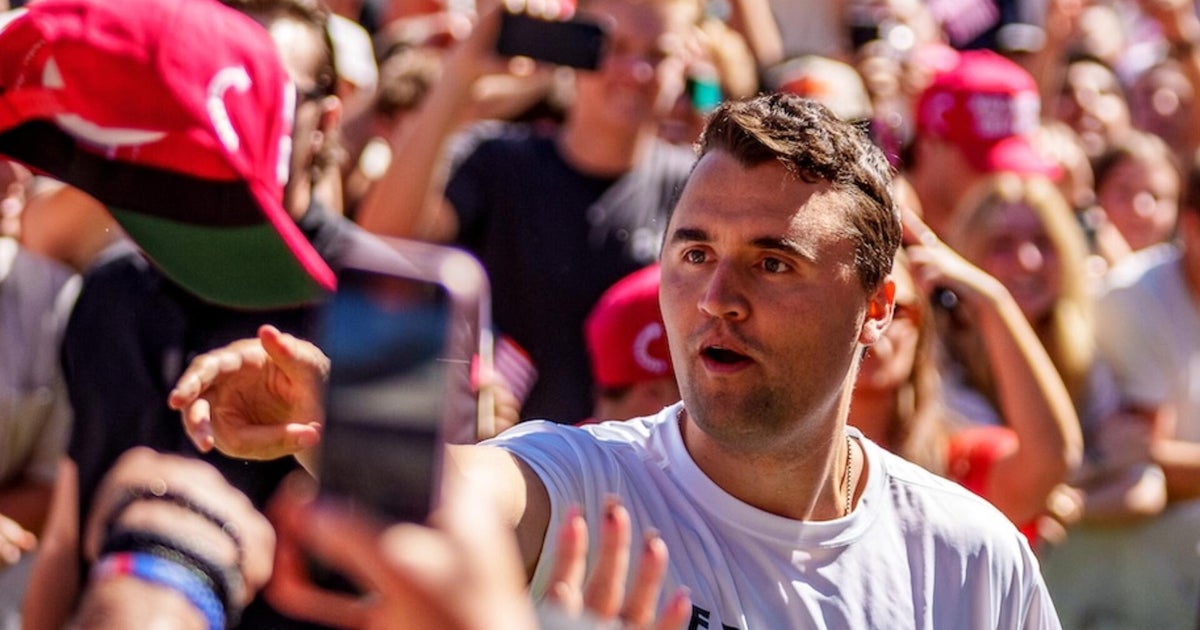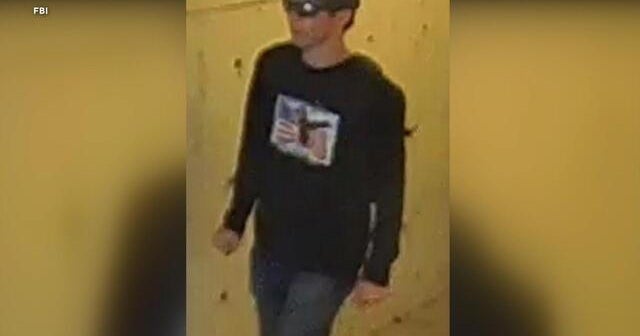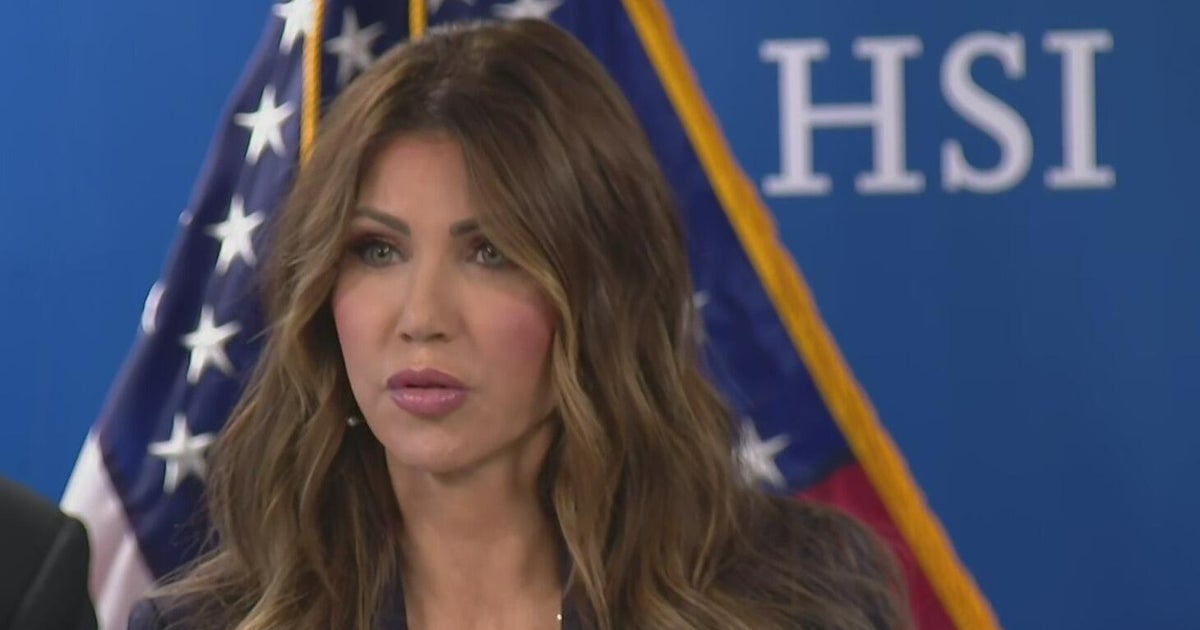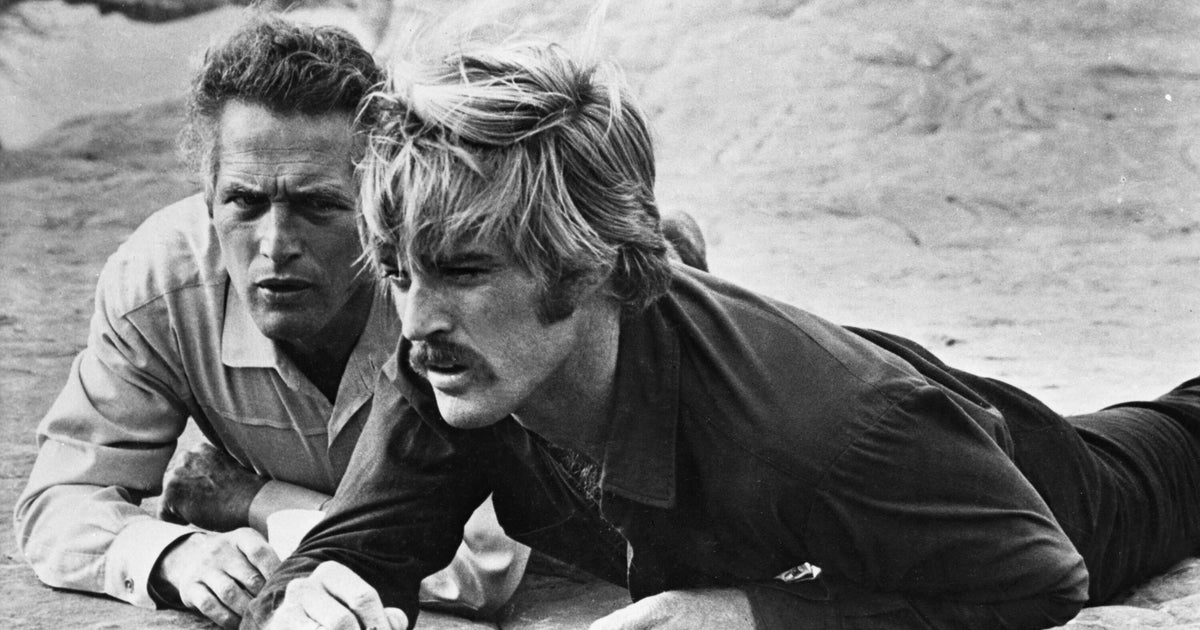George Orwell, author of the dystopian masterwork Nineteen Eight-Four, once wrote that every joke is a tiny revolution. “Whatever destroys dignity, and brings down the mighty from their seats, preferably with a bump, is funny. And the bigger the fall, the bigger the joke,” he wrote in 1945.
In conversation with American provocateur Sandra Bernhard, Orwell’s 80-year-old observation has an acute resonance. Not just in the context of present-day American politics, but because the Michigan-born, Arizona-raised singer, actress and comedian understands better than most how artistry and rebellion intersect on the same cultural fault line.
“Without patting myself on the back, I think that inherently my work has always been extremely political,” Bernhard says. “It’s hard to really look at it now and be able to parse it in the way I could 20 years ago. It’s so insane and there’s so much coming at you. Even when you just want the basic news ... you’re spinning, and you’re ready to crash.
“It’s frankly too much, but I try to elevate my own life and the way I approach things as well as what I do as a performer,” she adds. “And I always try to find a way in that doesn’t beat people on the head with the obvious, which is, as you know, in your face 24/7. I think for now I have found a way in without being too didactic.”

Bernhard with Calista Flockhart on Ally McBeal in 1997.
Bernhard has a long relationship with Australia. She filmed the black comedy Dallas Doll, a sort gender-bending take on Pier Paolo Pasolini’s Teorema, back in 1991, staying long enough to tour her one-woman show Giving ’Til It Hurts, early the following year. She returned in 1998, 2007 and 2015 with touring comedy shows.
Her new show Sandyland: An Evening with Sandra Bernhard, which tours Australia in March 2026, is perhaps the perfect snapshot of the woman whose work has been defined by an unapologetic exploration of gender, celebrity and queer identity, presented in a framework of cabaret and comedy. What might surprise people is that at 70 years of age, she hasn’t lost her edge.
“People come to see me knowing that I’m going to strip away all that artifice and be what I’ve always been, an authentic, raw, in-your-face performer,” Bernhard says. “That’s what people have come to expect from me and now, more than ever, are looking for.
“But they want to get away from that kind of rapid fire, crazy, coming at you with a thousand different juggling freaks [world of social media]. I try to take people back to the world of sophistication and glamour in the way that I do what I do. That’s what people are excited about now more than ever. People are really burned out on the over-saturation of social media.”

Bernhard, left with Roseanne Barr in her groundbreaking role in Roseanne.Credit: Disney General Entertainment Content via Getty Images
The complex musicality of her work is a glimpse into the fact that music was indeed Bernhard’s first love. “I really wanted to be a singer. I went to LA in the 70s with a notion of being an entertainer and not really knowing how I was going to enter that world,” she says. “I got sidetracked to a certain degree into the world of comedy, which I’m glad because I have a lot to say. But I’ve always taken the music seriously.”
Bernhard, just 18, when she moved to LA in the 1970s, took a job as a manicurist in Beverly Hills. “It was a whole other amazing experience because it was out of Shampoo, you know what I mean? [Hal Ashby’s Oscar-nominated 1975 comedy Shampoo was set in a Los Angeles hair salon.] That time in the world of beauty was much different than now. There were no fillers, no Botox.
“Women wanted to look good, but there were only so many options to looking good,” Bernhard adds. “That was an easier time in every way. Although I was never the girl next door, I had a lot of confidence and LA gave me the opportunity to really spread my wings and discover who I was. And I’m so thrilled that I got to come into my own at that time.”
She emerged first as a comedian, securing regular work at The Comedy Store in Hollywood but then got her break as Masha, the stalker in Martin Scorsese’s celebrity satire The King of Comedy. The role won her the National Society of Film Critics Award for best supporting actress and put her on the map.
Working for Scorsese, she says, taught her was never to let her ego get in the way. “If your ego gets in the way, it’s a disaster,” she says. “The most important thing I learned is just to show up, be present ... don’t try to pull focus and don’t try to convince people you need something you don’t need.”
In 1990 she turned her one-woman stage show Without You I’m Nothing into an album and film. Then, a year later, she played Nancy Bartlett, one of the first openly bisexual characters on TV, in the family sitcom Roseanne. And in 2018 she played Nurse Judy Kubrak, an activist and caregiver for HIV/AIDS patients, in the critically acclaimed TV drama Pose. Most recently, she played Nurse Cecily in Severance.

Bernhard as Nurse Cecily in Severance.Credit: Apple TV+
“To play Judy had a multitude of impacts for me because I was very much on the scene [in New York, during the AIDS crisis],” Bernhard says. “To be able to take that experience and wrap it into this character, Judy, who was one of the real heroes of that time, the women, the nurses, was a great experience for me. That did affect me deeply.”
In conversation, Bernhard is sharp and funny. She’s comfortable speaking her mind, about feminism, politics and “the insanity of the Trump era”. Nor does she shy away from difficult topics, including the Israel-Gaza conflict. “I’ve always been very realistic about being Jewish and what it means to me, and also incredibly able to say, especially right now, say, this is insane [and] I must stand up as a Jewish woman and call out the genocide in Gaza,” she says.
TAKE 7: THE ANSWERS ACCORDING TO SANDRA BERNHARD
- Worst habit? Feeling like I’m everyone’s therapist.
- Greatest fear? Not getting to travel to exotic places.
- The line that stayed with you? ”You’re too sweaty to hug.” It’s my line.
- Biggest regret? That I never stuck with the piano & I can’t play.
- Favourite book? Reading right now, All Fours by Miranda July. Gritty & raw.
- The artwork/song you wish was yours? An early Cindy Sherman.
- If you could time travel, where would you choose to go? The court of Elizabeth 1.
“It’s wrong, and it’s criminal, and it’s genocide, and I will call it out,” Bernhard adds. “But I’m also still totally comfortable being Jewish, and I love the cultural aspect of being Jewish and certainly the spiritual aspect of it. All the more reason that I will always speak out about all injustices that I see in the world.”
Suggesting to Bernard that, in contrast to the performer she was through the ’80s and ’90s, she is now somewhat in the mainstream of culture, almost sounds like an insult. I don’t mean to sound offensive. She gets it. But she’s also somewhat blind to the 360-degree-view because she can only survey the landscape from her own perspective.
“[Emerging artists] can’t be the same as when I started because everything has been done,” she says. “From drag to trans artists, every stripe of cultural nationality, there’s really nothing that’s been left unturned or unexplored. So there’s no way to really measure what’s on the fringes because everybody wants to be successful.”
Loading
Social media has also changed the platforms through which new artistry is incubated. “I’m completely out of the loop when it comes to all of that. I don’t follow people in that way. I’m not interested. I don’t explore it,” she says.
“Although I’m successful, I don’t really feel like I am in the mainstream,” Bernhard adds. “I’ve never really allowed myself to be completely swallowed up in it. Even though I’ve been friends with famous people and I work with in very successful venues in TV, film and live performing, I still feel like I’m an iconoclast and I live my life in a very specific way that keeps me out of that illusion of success.
“As you get more philosophical, you’re less taken by yourself in a certain way,” Bernhard says. “There was definitely a time that I was very swept up in a good way, not a sort of self-conscious way, but it was just so much fun for me to have arrived and, like I said, never been the girl next door. So suddenly to be accepted and embraced for my exterior, it’s been fun, and it makes me feel good.
“I think I’ve set the stage and the ability for women who are not typical beauties to feel good and celebrate themselves,” she adds. “And in a very positive, beautiful way, I think that that’s what all that means to me. That I can be myself and still be fabulous, and then go back to just being myself day to day. And I like that. I like toggling back and forth between those two personas.”
Sandyland: An Evening with Sandra Bernhard is touring in March 2026. More information here.


